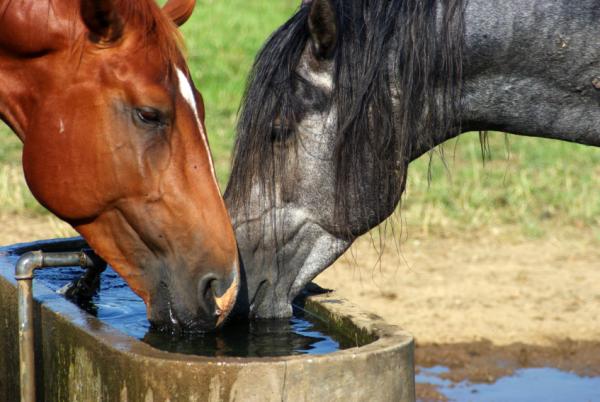
Yes, it's well-known that you can't make a horse drink if he or she doesn't want to, and apparently you can't get a man to stop taking a dangerous supplement — say one that produces cyanide when ingested — even when you tell him that it does so. It's kind of hard to believe, but that's what was reported in BMJ Case Reports.
The Australian man, 67 years old (surely old enough to know better) visited a hospital for a routine procedure — a cystoscopy — requiring general anesthesia. While he was "under" his doctors noted that he appeared to be hypoxic — that is his blood oxygen level was lower than expected. It wasn't so low that it threatened his life, but it could have been.
After the procedure, the physicians ran multiple tests to pinpoint the reason for the low blood oxygen. When they queried the patient about his usual habits they learned that he had been taking apricot kernel extract daily for about five years — both a commercial preparation and one that he made himself. Together, they calculated that his intake was about 17 mg of cyanide per day. He was diagnosed with chronic cyanide poisoning after the exclusion of other possible causes of low blood oxygen levels (e.g., anemia, lung disease or abnormal hemoglobin). The patient then ceased taking his supplements for 3 days, and his blood oxygen levels returned to normal.
So what does cyanide actually do? Cyanide in the blood binds to the hemoglobin (Hb) in red blood cells and prevents the Hb from binding oxygen. If there's enough cyanide to seriously incapcitate the Hb, body tissues won't get enough oxygen and function will be suboptimal. And of course given enough cyanide, the outcome will be death.
Apparently the amount of cyanide ingested by this particular patient was not life-threatening, although its effects were obvious when he underwent medical evaluation. Although advised of the possible consequences of his supplement use, this patient decided to continue using the substance.
Why might he so decide? One possibility is that since he had previously had prostate cancer (which was in remission at the time of his treatment) he was using the apricot kernel extract in the belief that it could prevent cancer. There is, of course, no scientific evidence for that belief, as we recently pointed out here, and in fact the US doesn't allow importation of one alternative supplement (laetrile) containing cyanide.
This case, although it's just one person, demonstrates the strength of people's beliefs about so-called alternative medicine. But it's not medicine at all.



